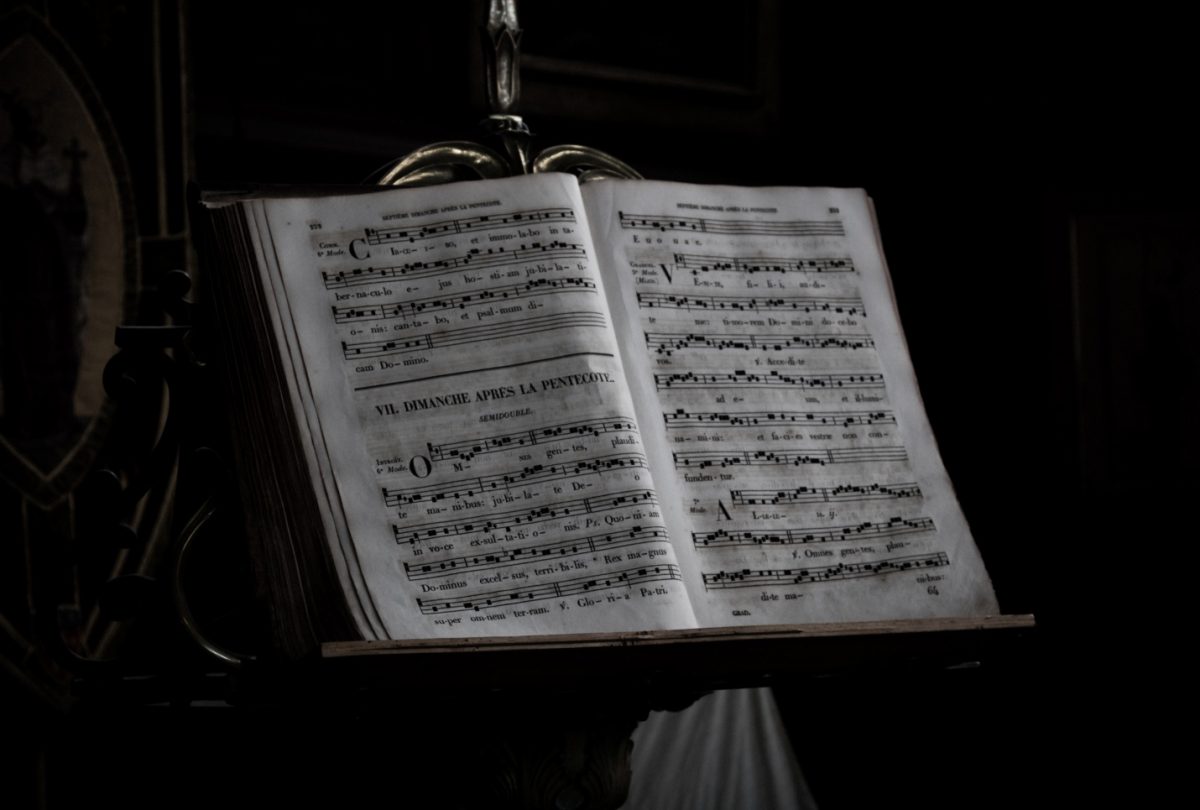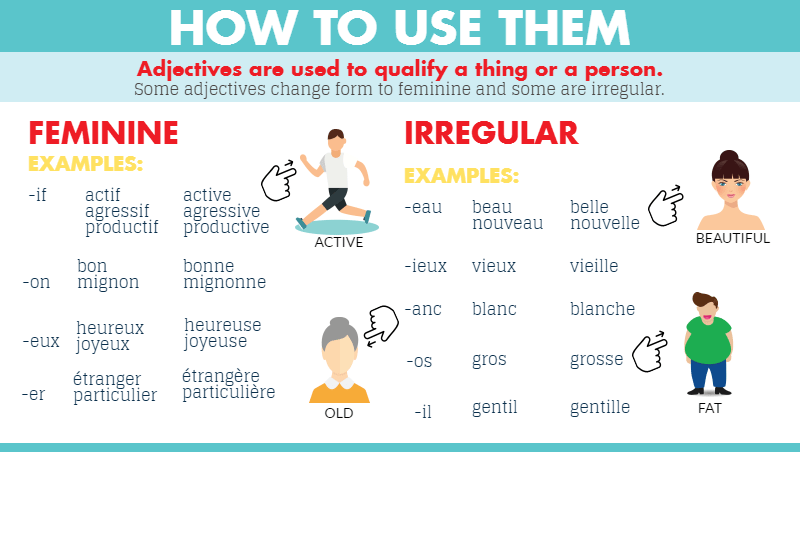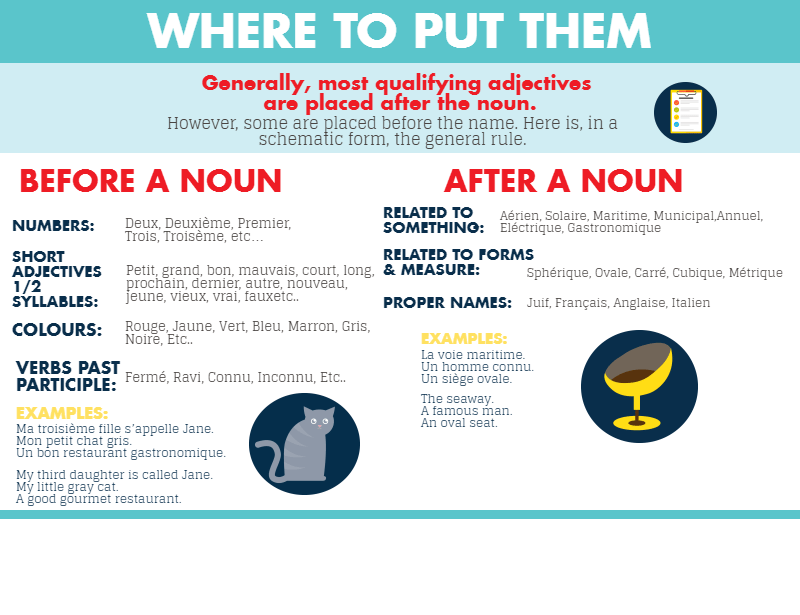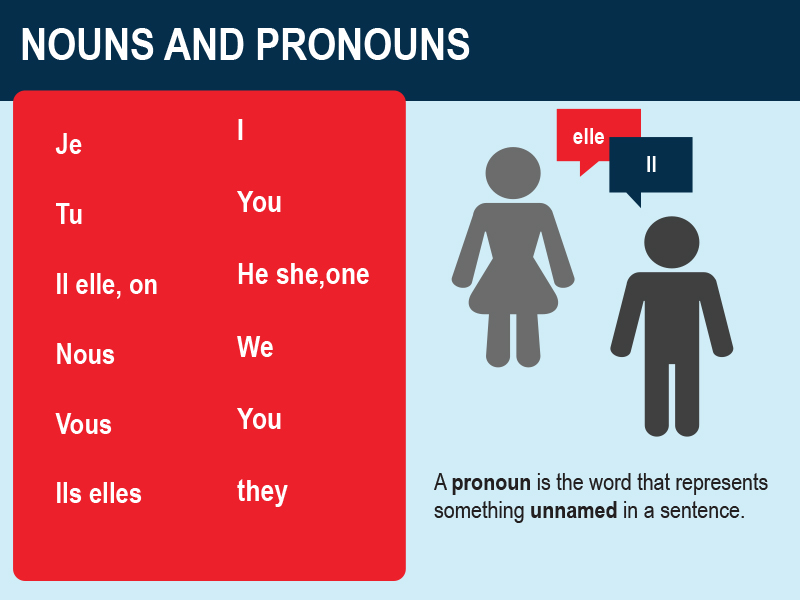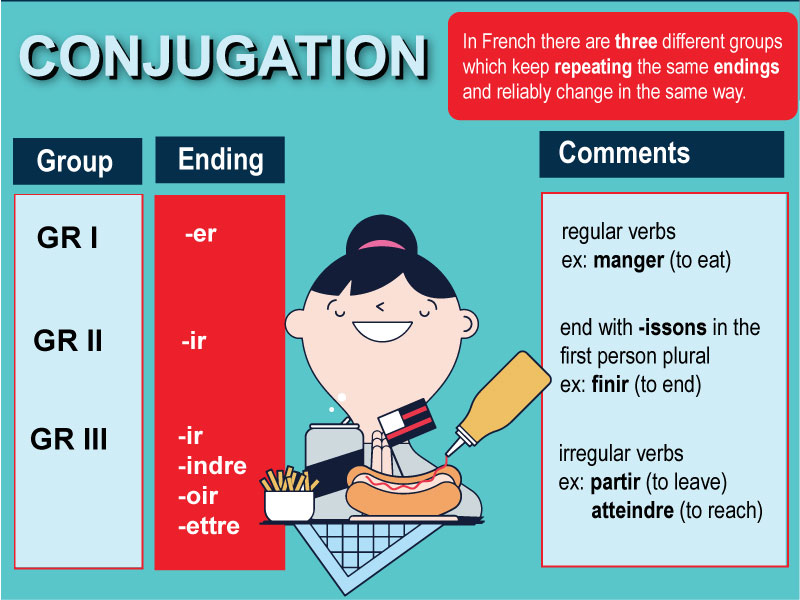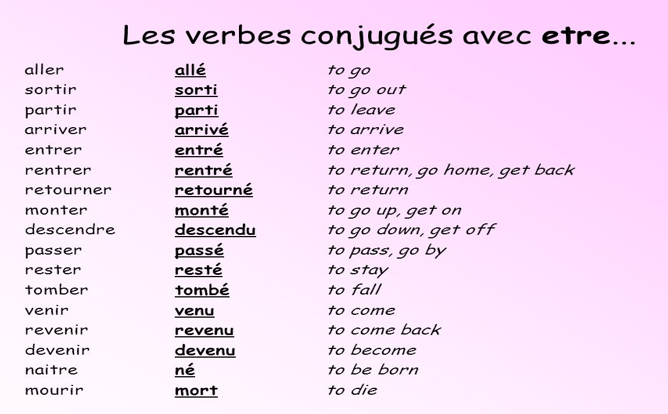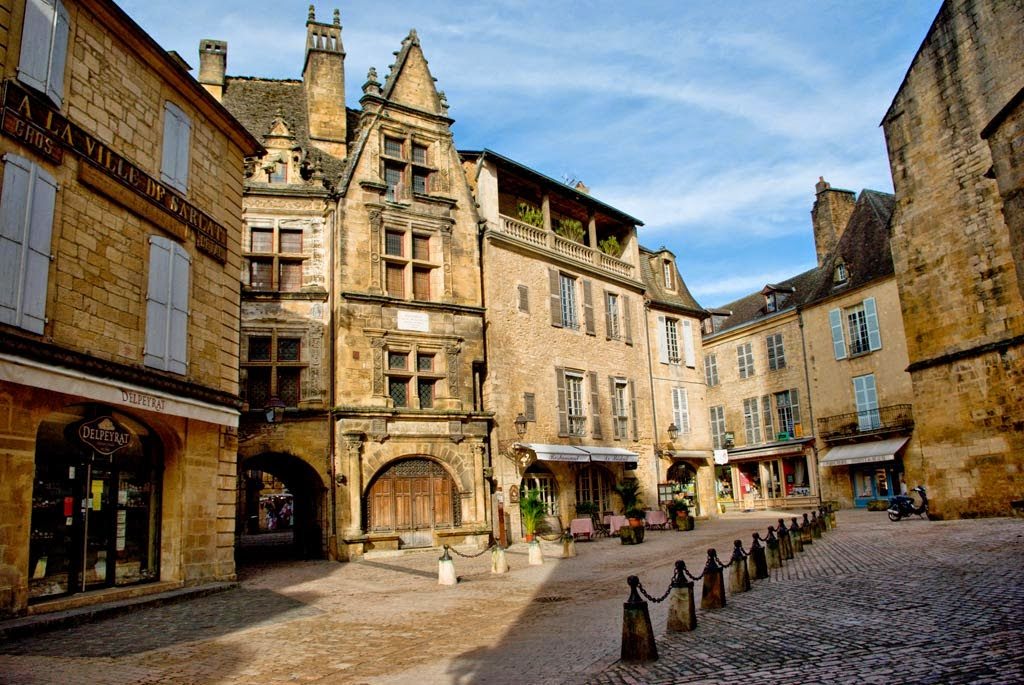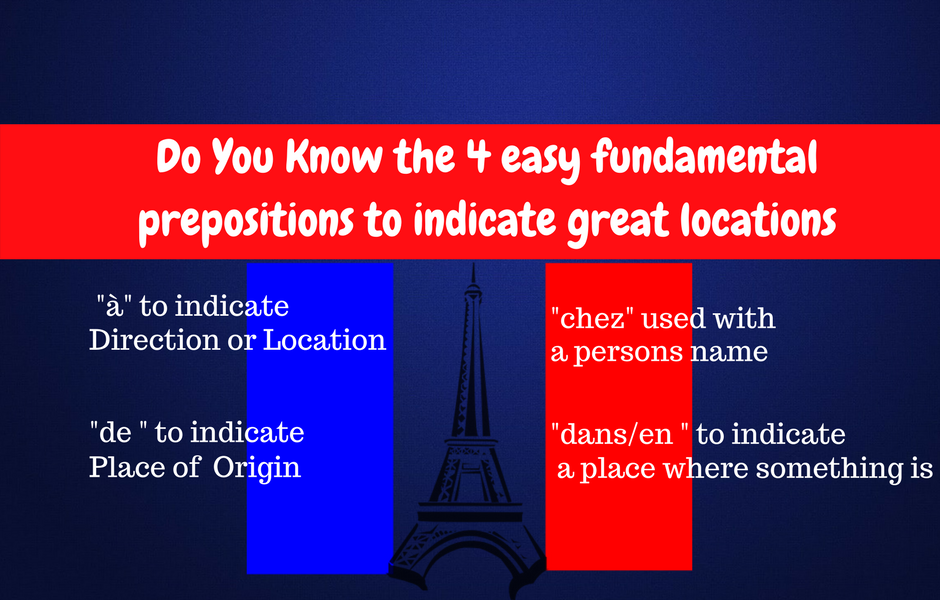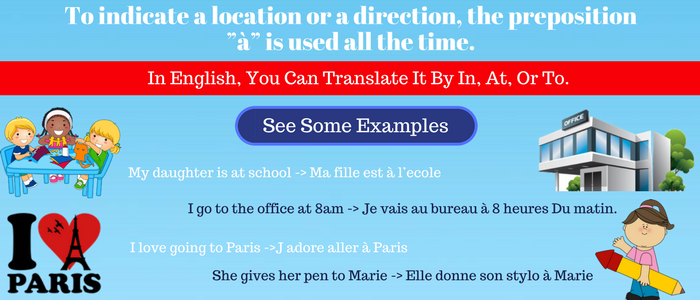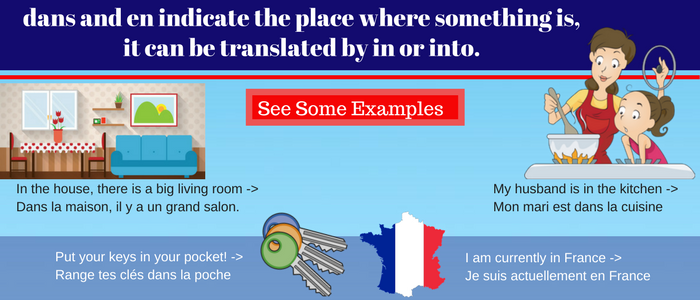Welcome to our French learning series! In this video, we’ll explore the 10 most important French verbs that every beginner should know.
Whether you’re just starting out or looking to improve your French, mastering these verbs will give you a strong foundation for everyday conversations.
From être (to be) to venir (to come), we’ll walk you through their meanings, how to use them, and provide practical examples so you can apply them confidently in real-life situations.
Join us and make learning French easy and enjoyable!
Don’t forget to subscribe for more lessons and tips to help you speak French fluently.



